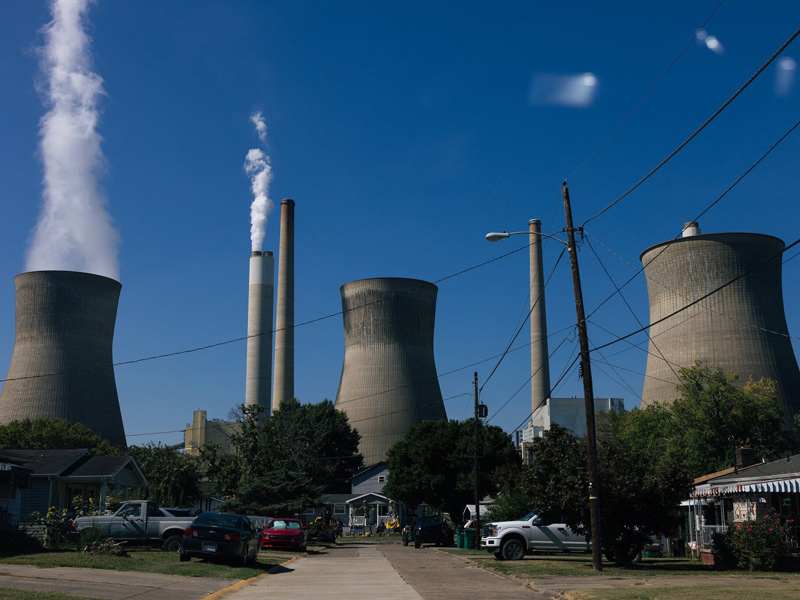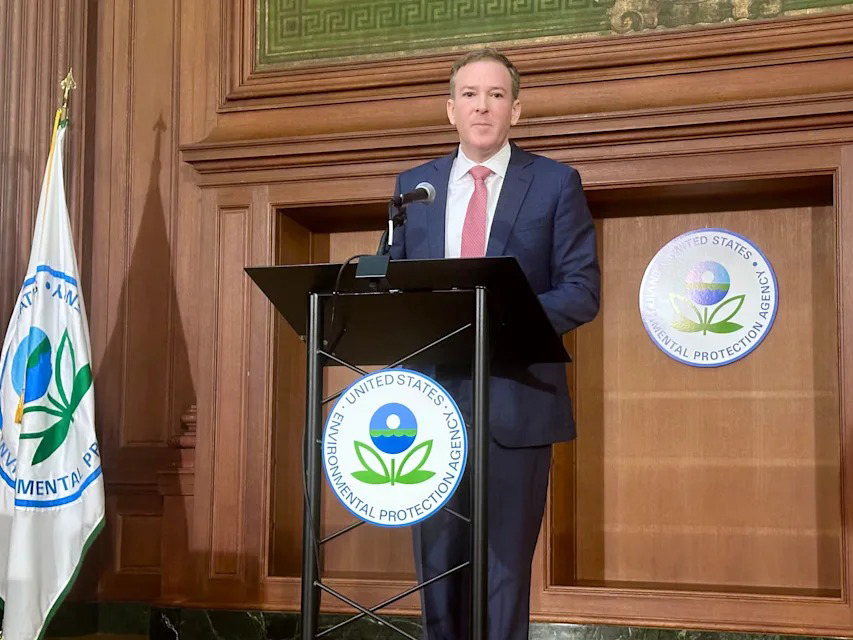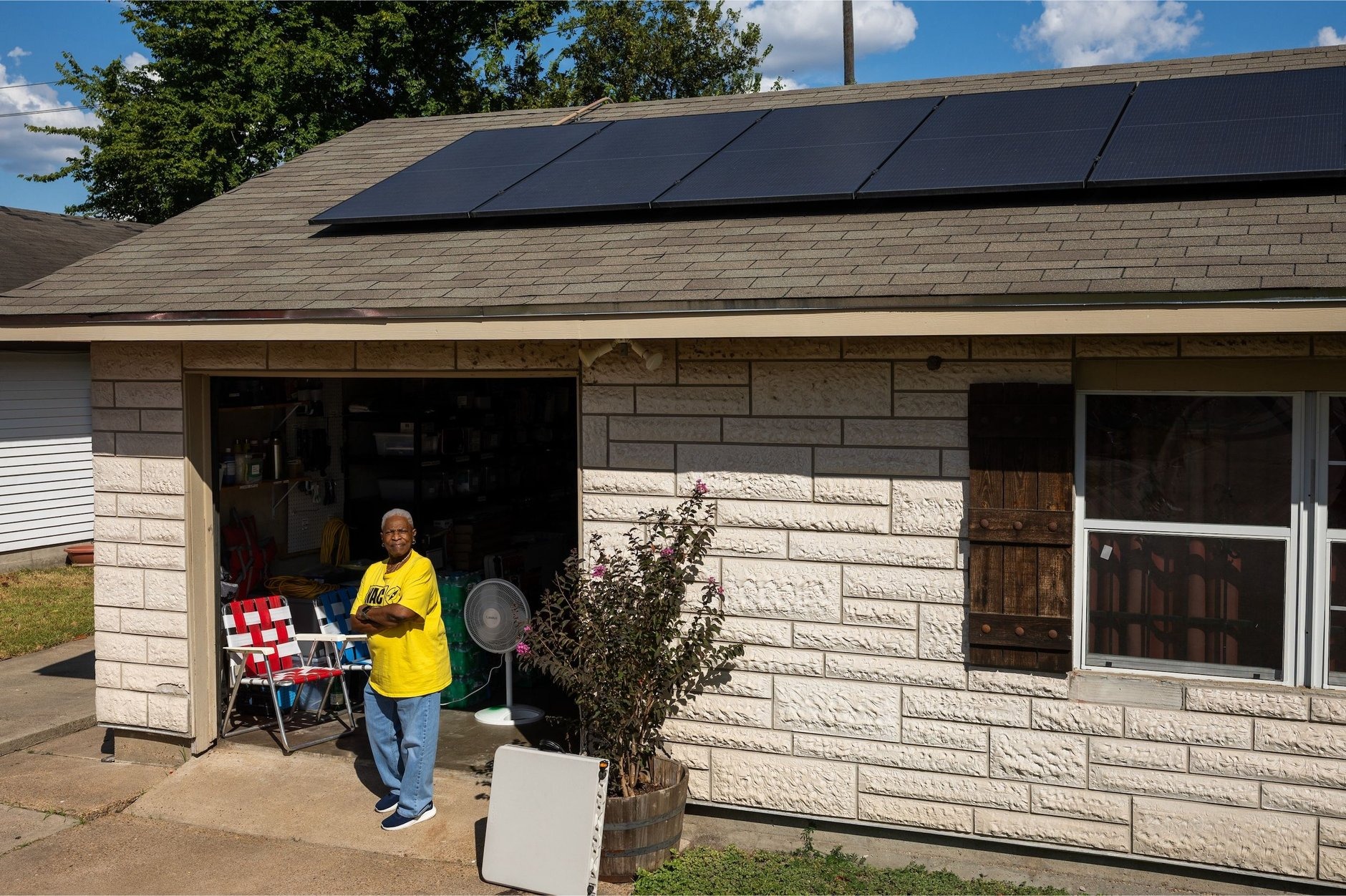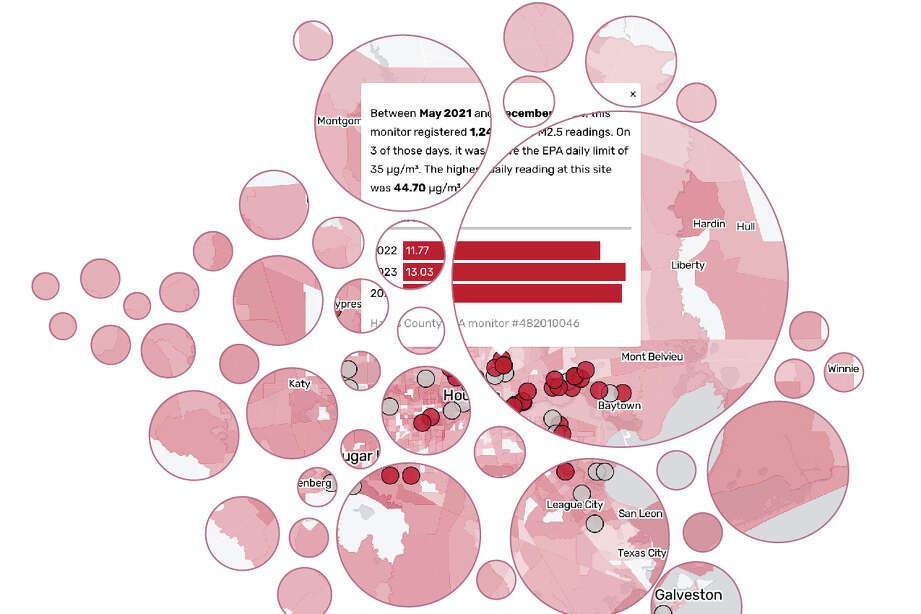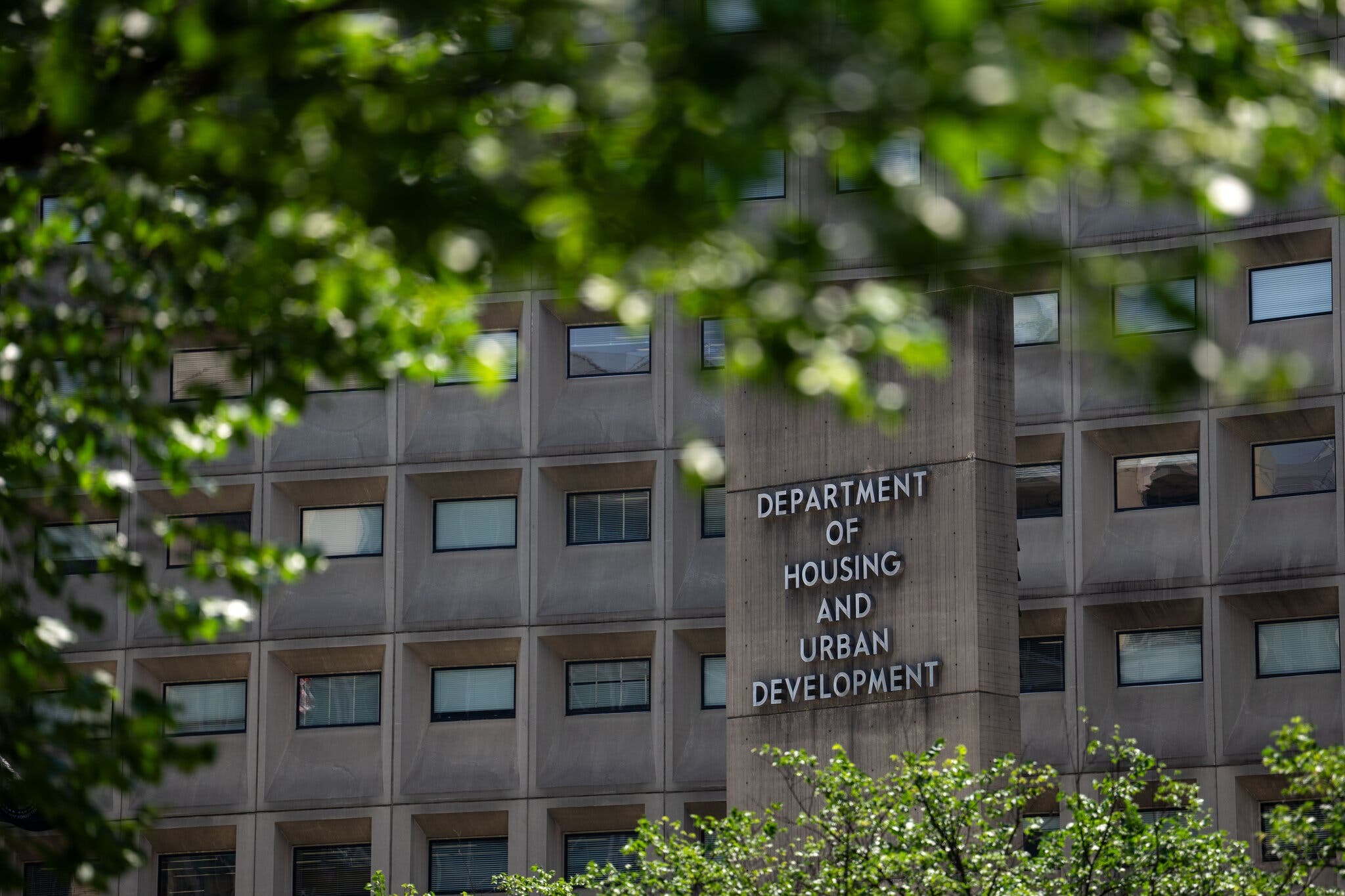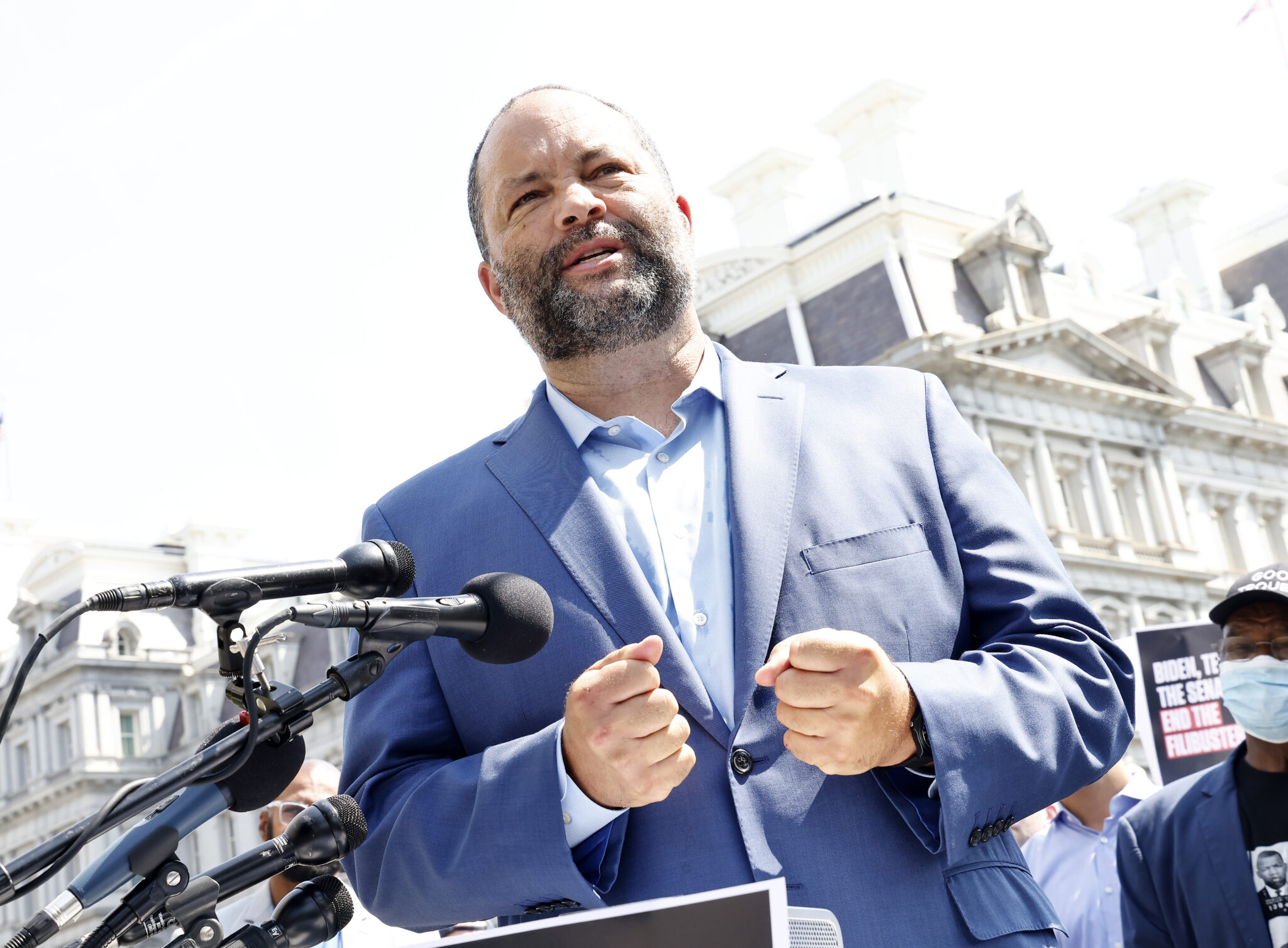According to a study published in Communications Earth & Environment, climate change is making access to drinkable water more difficult and less reliable in the United States.
The Trump Cabinet nominees who could decide our climate future

President-elect Donald Trump’s Cabinet nominees signal a sharp turn toward fossil fuel expansion and climate deregulation. Key figures, including fracking executive Chris Wright for the Department of Energy and former congressman Lee Zeldin for the Environmental Protection Agency, are poised to rollback Biden-era climate policies. Others, like Doug Burgum for the Department of the Interior, may prioritize oil and gas drilling on public lands. The administration's agenda includes scaling back renewable energy support, loosening environmental regulations, and weakening climate-related initiatives across multiple federal agencies. Critics warn this shift could undermine U.S. climate goals, increase greenhouse gas emissions, and hamper global climate agreements. While state and local governments may counterbalance federal policies, the Cabinet’s composition reflects a broader effort to dismantle key climate programs. Environmental advocates express concern about the potential long-term impacts on climate resilience and environmental justice.
Growing evidence shows that poor and Black, Latino and other racial and ethnic groups are typically more vulnerable than white people to pollution and climate-driven floods...
A 2024 report reveals that just 32 fossil fuel companies, led by state-owned giants like Saudi Aramco and Coal India, were responsible for half of the world's total CO2 emissions.
Neptune Flood proposes phasing out the National Flood Insurance Program, arguing private insurers can better assess risk using AI. Critics warn this shift may leave flood-prone...
The Trump administration's E.P.A. will no longer include the monetary value of human lives saved from pollution reductions in rulemaking. This shift may ease the repeal...
Environmental groups have filed suit against the Louisiana Department of Conservation and Energy, claiming it violated legal and constitutional obligations...
EPA eliminates mention of fossil fuels in website on warming's causes. Scientists call it misleading
EPA removed fossil-fuel references from its climate causes page, emphasizing natural factors. Scientists and former officials say the change misleads the public...
Fossil fuel companies are massively expanding plastic production to offset declining fuel demand. This shift drives pollution, harms public health...
In northeast Houston, residents are creating solar-powered “hub homes” to serve as community refuges during power outages, filling the gap left by the lack of formal resilience...
Houston’s air pollution, especially PM2.5, is rising again, disproportionately affecting marginalized communities near industry...
Internal documents and whistleblower accounts reveal that Trump appointees at HUD have gutted enforcement of the Fair Housing Act, slashing staff, blocking cases,
Houston leads major U.S. cities in poverty, with 21.2% of residents—over 500,000 people—living below the federal threshold...
After 26 years at EPA, environmental justice pioneer Charles Lee retires and joins Howard University’s Environmental and Climate Justice Center, arguing that despite Trump...
Two decades after Hurricane Katrina, overlooked survivors are reclaiming their narratives through TikTok, challenging long-standing portrayals from 2005.
The Sierra Club fired Executive Director Ben Jealous after no-confidence votes, budget cuts, layoffs, and misconduct concerns. Union leaders welcomed his departure...






